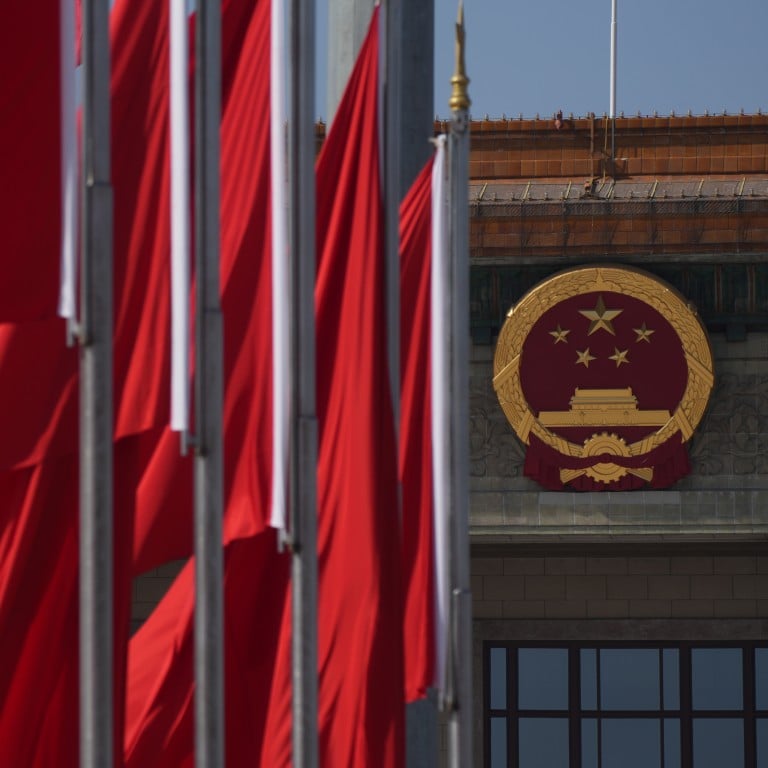
‘Two sessions’ 2024: China signals more fiscal pump-priming as economic doubts linger
- Politburo vows to make the policy environment ‘transparent and predictable’ ahead of annual parliamentary meetings
- The message comes as investors question China’s business climate in the face of multiple challenges
The meeting was devoted to reviewing the government work report to be released at the annual session of the National People’s Congress (NPC), China’s top legislature. The report is expected to detail the country’s economic growth rate target as well as priorities and plans for 2024.
A statement from the Politburo meeting said that “proactive fiscal policy must be moderately strengthened and improved in quality and efficiency, while prudent monetary policy should be flexible, moderate, precise and effective”.
It added that China should improve the consistency of the direction of its macro-policy and create a “stable, transparent and predictable policy environment”.
Economists have called on Chinese authorities to step up government spending, but Beijing has appeared reluctant to launch a massive stimulus, possibly out of concerns it could worsen the country’s already heavy debt burden.
The move was viewed as a sign of more actions to come to improve market sentiment as well as a response to concerns that the government would not implement broader and stronger support measures.
China’s ‘Two Sessions’ 2024: what to expect
There has been much speculation in recent years about whether China is losing its lustre as a place for business and investment amid competing policy objectives, an uncertain national security climate and regulatory actions that some perceive as arbitrary.
For example, the country’s press and publication administration issued a draft regulation in December to curb excessive spending on video games. The unexpected move rattled the industry and immediately prompted investors to dump shares in major Chinese video gaming stocks.
At the end of January, the Shanghai government issued a ban on ride-hailing services at one of China’s busiest airports during the Lunar New Year travel rush. Although it was lifted five days later, observers voiced worries that the move could dampen business and consumer confidence.
The sharp decline in the Chinese stock markets earlier this month also reflected anxieties about the economy and doubts over the country’s commitment to finding growth momentum.
China starts drafting bill to boost private sector and tackle sluggish economy
The latest Politburo meeting, chaired by Chinese President Xi Jinping, emphasised that efforts should be made to “effectively strengthen economic vitality, prevent and resolve risks, improve social expectations and consolidate and enhance the trend of economic recovery”.
The Politburo members struck a positive tone on the country’s socioeconomic performance last year. According to Xinhua, they said the country “withstood external pressures and overcame internal difficulties” to transition from Covid-19 controls and “satisfactorily completed” annual development goals.
The top policymakers reaffirmed the country would emphasise economic progress while ensuring stability this year by “establishing the new before abolishing the old”, repeating a catchphrase first heard at a Politburo meeting in December.
They reiterated China’s commitment to achieving self-reliance in science and technology, deepening reforms and opening wider to the world as well as pushing the coordinated development of urban and rural areas and sticking to a clean and green route.
The Politburo also renewed the call to cut down on bureaucracy and pointless formalities.

